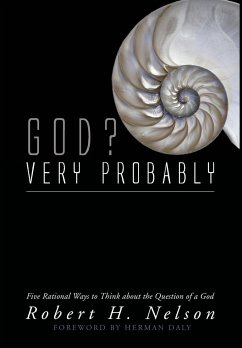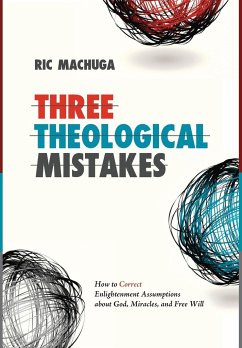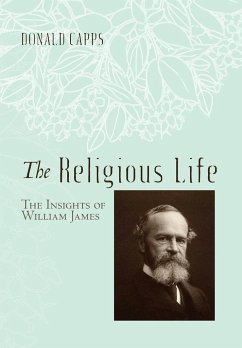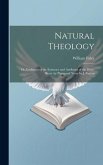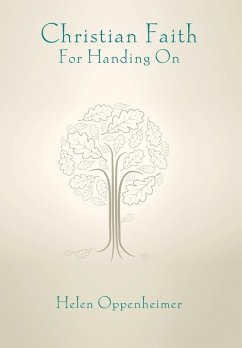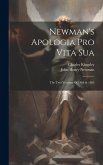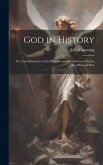In recent years, a number of works have appeared with important implications for the age-old question of the existence of a god. These writings, many of which are not by theologians, strengthen the rational case for the existence of a god, even as this god may not be exactly the Christian God of history. This book brings together for the first time such recent diverse contributions from fields such as physics, the philosophy of human consciousness, evolutionary biology, mathematics, the history of religion, and theology. Based on such new materials as well as older ones from the twentieth century, it develops five rational arguments that point strongly to the (very probable) existence of a god. They do not make use of the scientific method, which is inapplicable to the question of a god. Rather, they are in an older tradition of rational argument dating back at least to the ancient Greeks. For those who are already believers, the book will offer additional rational reasons that may strengthen their belief. Those who do not believe in the existence of a god at present will encounter new rational arguments that may cause them to reconsider their opinion.
Hinweis: Dieser Artikel kann nur an eine deutsche Lieferadresse ausgeliefert werden.
Hinweis: Dieser Artikel kann nur an eine deutsche Lieferadresse ausgeliefert werden.

